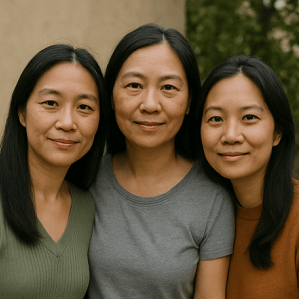While lung cancer rates are falling across most demographics, one group is seeing a troubling rise. Adults of Asian and Pacific Islander (API) origin who have never smoked are experiencing increasing lung cancer incidence, according to a large-scale study conducted within a Northern California health system.
The study analyzed data from over 3.7 million adults aged 30 and older between 2007 and 2018. Researchers found that overall lung cancer rates declined significantly, especially among those who had ever used tobacco. But among adults who never smoked, rates remained largely stable—except for API individuals, whose rates increased by 2% annually. Their incidence was nearly double that of other non-smoking groups.
“These observed trends underscore the need to elucidate further the cause of lung cancer in adults who have never used tobacco,” the authors wrote. The findings raise urgent questions about environmental, genetic, or occupational exposures that may disproportionately affect API communities.
The study’s authors emphasized the importance of understanding why lung cancer is rising in this population, especially since 15.4% of lung cancer cases occurred in people who had never smoked. With smoking long considered the primary risk factor, the rise among non-smokers—particularly in a minority group—points to a disparity that demands deeper investigation.
See: “Trends in Smoking-Specific Lung Cancer Incidence Rates Within a US Integrated Health System, 2007-2018″ (March 17, 2023)



